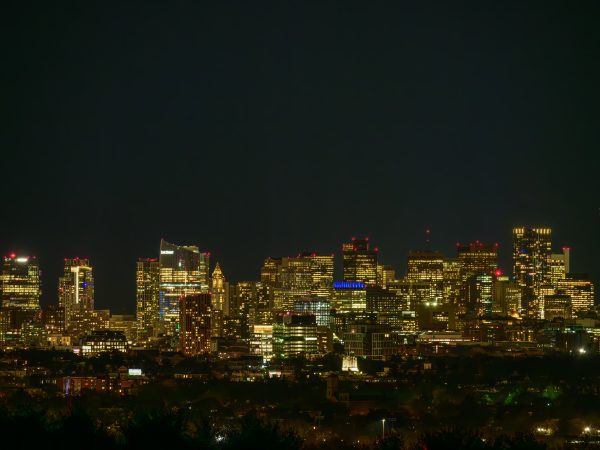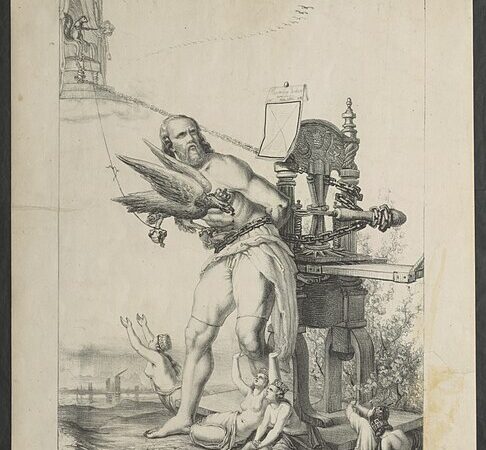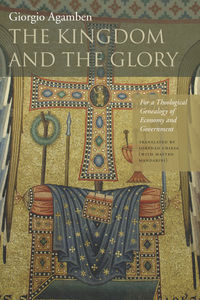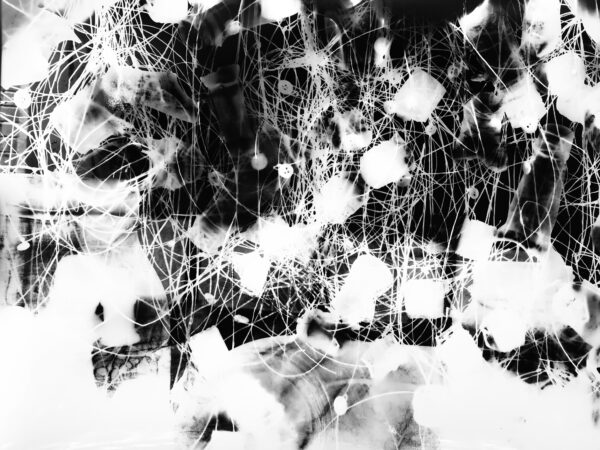
The society of commodity producers that Marx described continues to expand its mystifying in a world that commodifies all things, including the eucharist, the activism of indigenous communities, and the future.

For Marx, religion is more than “the opium of the people,” it is the mirror of society turned upside down. This essay examines Marx’s critique of religion as well as his critique of other contemporary critiques of religion. This critique of religion became the starting point of his critique of political theology and, later, political economy.

It is perhaps inevitable that the claims of a thinker such as Agamben should be profoundly annoying to those firmly rooted in a hardcore “historical materialist” perspective. Despite the fact that Marx himself was consistently fascinated with religious and theological matters insofar as they reflected the material arrangements of society, his followers, disregarding his own admonitions on dogmatism, have too often succumbed to a reflexive disdain for any analysis redolent of ‘spirit.’ And if Agamben’s claims are arguably exaggerated, then the same could also be said of the claims of his more vehement detractors. […]

